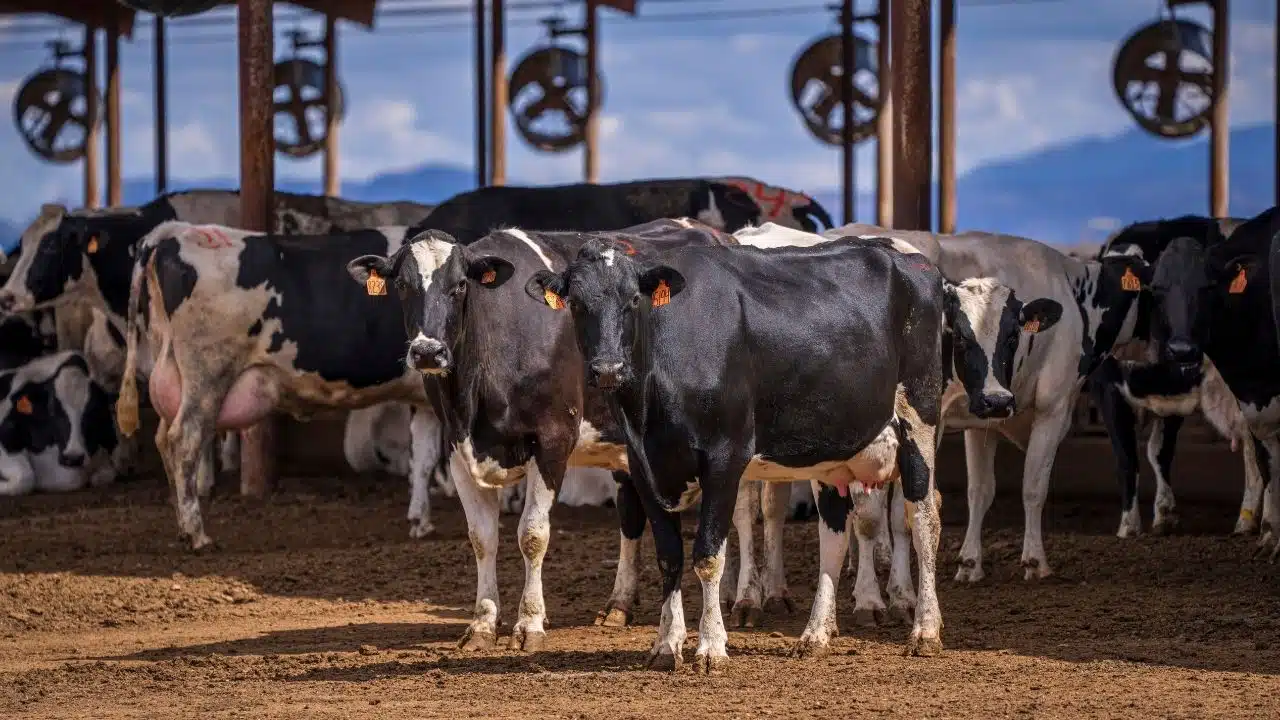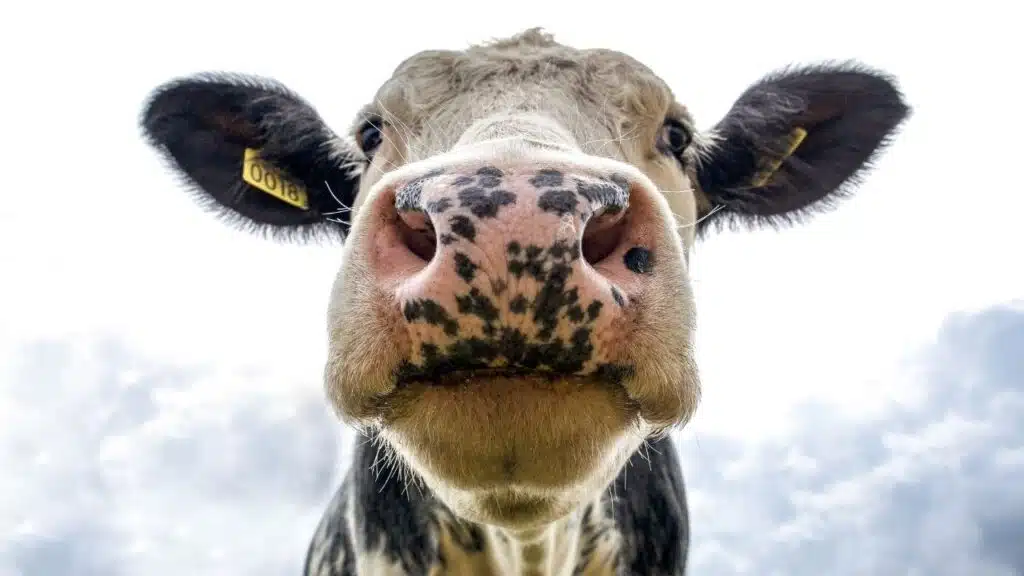One of the top priorities of cattle owners is keeping their herd healthy. Being healthy means higher working efficiency and greater productivity. Joint supplements are a great way to improve cattle health. Supplements are essential for joint health, which directly affects mobility and, of course, quality of life. In this post, we will see why joint health matters, the role of supplements, and what to look for (ingredients!).
Understanding Joint Health in Cattle
Cattle need to move freely on farms; therefore, their joint health is critical. Limited mobility can affect work and cause health concerns. Healthy joints ensure cattle can graze efficiently, obtain water, and perform the daily activities they need to. Joint health becomes even more critical in older cattle or those intensively used for (heavy) breeding or lifting. Such intensive work requires effective cattle joint supplement support to ensure efficiency and productivity.
Advantages of Joint Supplements
There are many benefits of adding joint supplements to a cattle diet. These supplements usually contain ingredients that are beneficial for cartilage, decrease inflammation, and enhance adaptability. Cattle experience less pain and discomfort when their joints are healthy, which means more activity. Active cattle are more likely to graze effectively, gain weight, and produce milk.
Ingredients to Consider
Certain ingredients make joint dietary supplements highly effective. Knowing these components can help you choose the right product for your herd. One of those ingredients, glucosamine, is well-known for repairing and maintaining cartilage. Chondroitin sulfate is another vital ingredient that helps regulate joint inflammation and maintain proper joint lubrication. MSM, or methylsulfonylmethane, may also be added due to its anti-inflammatory effects.
Selecting a Proper Supplement
Choosing a joint supplement isn’t as straightforward as it may seem. Evaluating what the herd requires is critical, as different cattle require different ingredient formulations. Reading product labels and understanding the concentration of active ingredients ensures that consumers make informed purchase decisions. Talking to a veterinarian or ruminant nutritionist will help determine the most suitable options for individual herds.
Cost-Benefit Analysis
Although joint supplements are an investment, their prolonged positive effects justify the cost. Good joint health will promote effective weight maintenance, increase milk yield, and reduce veterinary costs. Healthier cattle are more productive and live longer; these supplements pay for themselves. A cost vs. benefit analysis offers an in-depth view of potential ROI.
Integrating Supplements into Daily Life
Supplements should be introduced slowly into a cattle diet to prevent digestive complications. Supplementing feed helps cattle acclimate to new additions. Owners must observe their cattle during this transition period to monitor for any adverse reactions or changes in behavior. Irregular use of supplements might nullify their effects, so ensuring consistency in administration is a must.
Tracking and Assessment of Outcomes
Herd health management is necessary to monitor the response to joint supplements. Mobility, activity level, and overall demeanor are excellent data points. At regular intervals, this assessment can give indications needed to modify the supplementation protocols. Tracking progress helps determine whether to continue the supplements or adjust your herd’s regimen.
Environmental and Ethical Considerations
Environmental and ethical aspects of livestock management are crucial today. To be ethical, select supplements sold by reputable companies with sustainable practices and animal welfare policies. These practices help promote, among other things, a more regenerative, responsible kind of cattle farming that is better for the animals and the environment.
Takeaways
Supplements can significantly improve cattle happiness and productivity. Knowledge of the main ingredients and administration methods enables you to take good care of your herd. Joint supplements can help cattle owners add more years to a healthy, active herd. Joint health not only enhances the performance of the cattle but also helps in sustainable farming. In the long term, this informed approach results in a healthy, thriving, and lucrative flock.








































